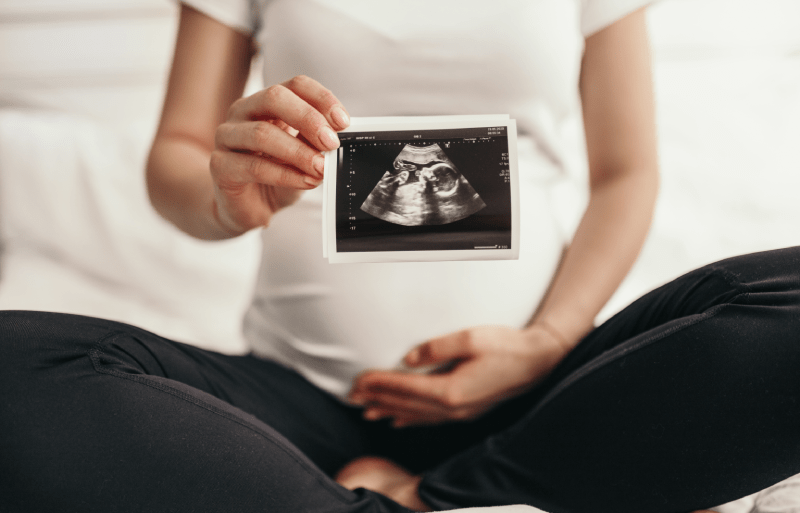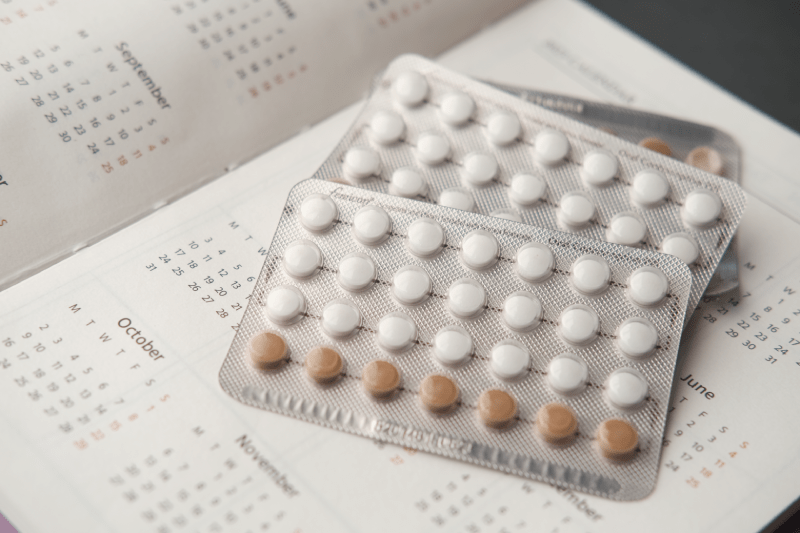How Long Does It Take To Get Pregnant After Getting off Birth Control Pills?
Many women fear the long-term effects of birth control pills on fertility. If you have decided it is the right time to expand your family but you have been on birth control pills, you might be wondering how long it will take until you can get pregnant.
Can You Get Pregnant Right After Stopping the Pill?
There are two main kinds of birth control pills, or oral contraceptives, available today. These are namely, progestin-only pills (minipills) and combination birth control pills. Depending on which type of birth control pill you are taking, when you can get pregnant after you have stopped taking them can change.
For minipills, you should be able to get pregnant as soon as you stop taking them. On the other hand, it can take between a few weeks to up to 3 months until your fertility levels return to normal after stopping combination birth control pills.
This is because the body and hormones need time to reestablish after the use of birth control pills. During this time, the menstrual cycle will gradually return to normal and the woman will begin to ovulate regularly once again.
So you can get pregnant right after or in the next few months after you come off the pill. Most women who used birth control pills can get pregnant within a year of trying for a baby.
Why Am I Not Getting Pregnant After Stopping the Pill?

Taking oral contraceptives can cause a short-term delay in achieving pregnancy during the following months when a woman stops taking the pill. However, taking birth control pills does not have any negative effect on a woman’s fertility in the future.
It is known that short-term or long-term use of oral contraceptives does not cause infertility in women. The effects of the pills are reversible, which means that women can get pregnant after they stop taking the pills.
So, what could it mean if a woman cannot get pregnant after coming off birth control pills?
Can Stopping Birth Control Cause Infertility?
Taking or stopping hormonal birth control pills does not lead to female infertility. There can be several other reasons why women who have stopped taking birth control pills cannot get pregnant.
It is important to remember that birth control isn’t the only factor that has an impact on your fertility.
A woman’s fertility can be affected by;
- Her age
- Genetics
- Her reproductive health (health of the ovaries, fallopian tube, etc.)
- Other infertility issues (endometriosis, premature ovarian failure, etc.)
- Her overall health
- Lifestyle factors (nutrition, weight, stress, smoking, heavy drinking, drug use, etc.)
- How often she has sex
- Her partner (sperm count, sperm quality, etc)
Sometimes, consistently taking birth control pills can conceal some of the mentioned. In order to achieve a successful pregnancy, it is important to know what causes the problem and find solutions.
What Should I Do to Increase My Chances of Getting Pregnant?

If you have been trying to get pregnant for 6 months or longer without results, you can start looking into your other options.
1. Monitor your fertility
There are a lot of variables to consider when you are trying to get pregnant. This is especially true after you have stopped taking birth control pills. It is important to have sex on your most fertile days of the month. For this, you can keep a record of your menstrual cycle, monitor your ovulation, and take your body temperature to find out when you have the best chance to get pregnant.
2. Have sex regularly
Once you have found the best dates, try to have sex regularly during this period. Women are most likely to get pregnant in the five days before ovulation starts and the first day of ovulation each month. It is important to have sex every other day during this interval to increase your chances of getting pregnant.
3. Reach out to a fertility specialist
If you have spent more than six months to try and get pregnant and have not succeeded after taking birth control pills, you might want to make sure that there are no other underlying causes for infertility. The best way to make sure is to make an appointment to talk to your doctor. After evaluating your situation, your doctor will be able to guide you in your fertility journey.
4. Find fertility treatments (such as IVF, egg donation, sperm donation, etc.)
If you have been trying to get pregnant without results for a long time after coming off oral contraceptive pills, or have been diagnosed with infertility, you can look into fertility treatments that can help you get pregnant. Infertility is a common problem both in women and men. Almost 15% of couples of reproductive age are unable to get pregnant after one year of trying. Here, fertility treatments such as IVF can be very helpful. IVF can be a solution for various infertility issues such as age-related infertility, and egg or sperm quality problems.

Most women are able to get pregnant in the following year after they stop taking birth control pills. However, if you cannot get pregnant no matter your effort, you can consult a fertility expert to understand more about your condition.
Infertility and the inability to achieve a pregnancy can cause a lot of emotional stress in families. It is important to get help to find solutions.
IVFGenderSelection is working with some of the most recognized fertility clinics in Cyprus. If you are considering getting fertility treatments abroad in trusted and affordable clinics, you can read out other articles and reach out to us for more information. For more detailed information about the treatment, you can contact us 24/7. Our advisors will be waiting to answer the questions you have in mind.

